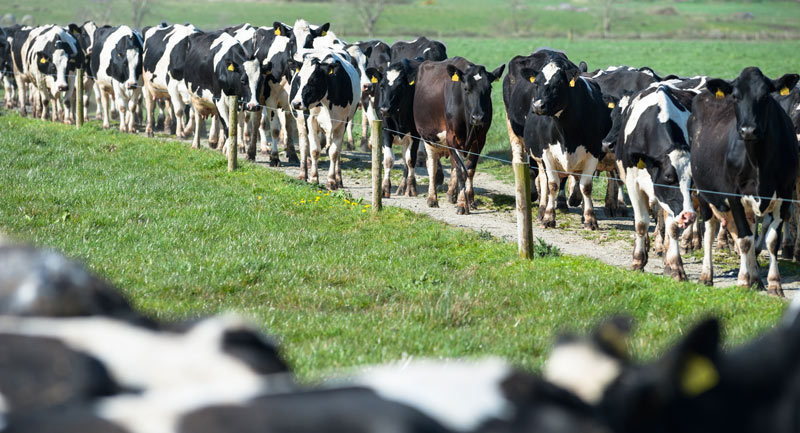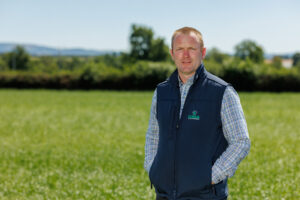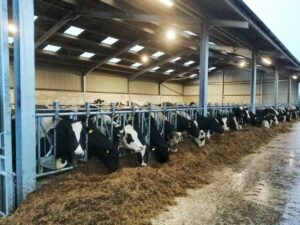
Irish policymakers urged to study proposed French Law on farm production costs.
The President of ICMSA has urged Irish politicians and policymakers to pay attention to the debate underway in France where a new law is proposed that will force buyers of food and agri-produce to take account of the costs of production in negotiations with the farmers. Mr. Pat McCormack said that while he did not wish to overstate the case, there was undoubtedly a momentum building behind the objective of legally ensuring that farmers and primary producers received a fair price from the corporate retailers who completely dominate the EU’s food sector. Mr. McCormack said that this movement was especially strong in France where policymaking seemed notably less beholden to the wishes of these corporations and there was a general acceptance that the survival of a state’s farming and food sector was more important that any corporation’s desire to increase their own margins and build market share.
“There does seem to be a slow-but-steady momentum building up behind the idea of margin reform by regulation and without that reform then the contradiction between a continuing ‘cheap food’ strategy and the lower volumes involved in the transition to low emissions farming will render those environmental moves futile. We have repeatedly pointed out that any meaningful action to lower emissions will have to involve the end of the ‘cheap food’ policy introduced and operated by the corporate retailers for the last 30-odd years. It is that policy that prioritises volumes over margin and leaves farmers having to produce more as the corporate retailers relentlessly drive down prices paid by the consumers while keeping their own retail margin. Everyone behind them in the supply-chain simply passes the reductions back to the farmers who have borne the cost of this very deliberate strategy for decades now”, said Mr. McCormack.
Noting that the proposed French law as explained by Gregory Besson-Moreau to the EU’s Parliaments’ Agriculture Committee would be a system of ‘reviewed and updated cost indicators’, Mr. McCormack said that we simply had to make the connection between “the costs of producing something and the price people are asked to pay for it”.
“We have been saying exactly this for the last 20 years and have been repeating it as a mantra since the Government put the green agenda front and centre. There is a real cost of producing food and that real cost – comprised of economic and environmental elements – is going to go up and will have to be paid for by everyone, including the retailer and consumer. We have had a situation for the last 30 years where the consumers paid an artificially low price with the balance of the real cost paid by the farmer primary-producer. That system was brutally unfair and hundreds of thousands of EU farmers have seen their livelihoods sacrificed on the altar of this ‘cheap food’ policy. Make no mistake, it should have been changed anyway, but the urgency around the integration of farming with climate change measures has meant that time has run out for this wasteful and destructive system. We will have to reform the way we calculate the costs of getting food to the consumers and that will mean – it has to mean – that the costs incurred producing that food are incorporated in the price paid to the farmers by the retailers. If the retailers want to continue selling to their customers at artificially low prices then they can do so, but this time it will be them that’s bearing the difference between their price and the real costs – not the farmers!”, observed the ICMSA President.
Ends 18 March 2021
Pat McCormack, 087-7608958
President, ICMSA.
Or
Cathal MacCarthy, 087-6168758
ICMSA Press Office
Latest Headlines
- Sections
Contact Us
Telephone
+353 (0)61 314677
Address
ICMSA Head Office
John Feely House
Dublin Road
Limerick
V94 KX38





